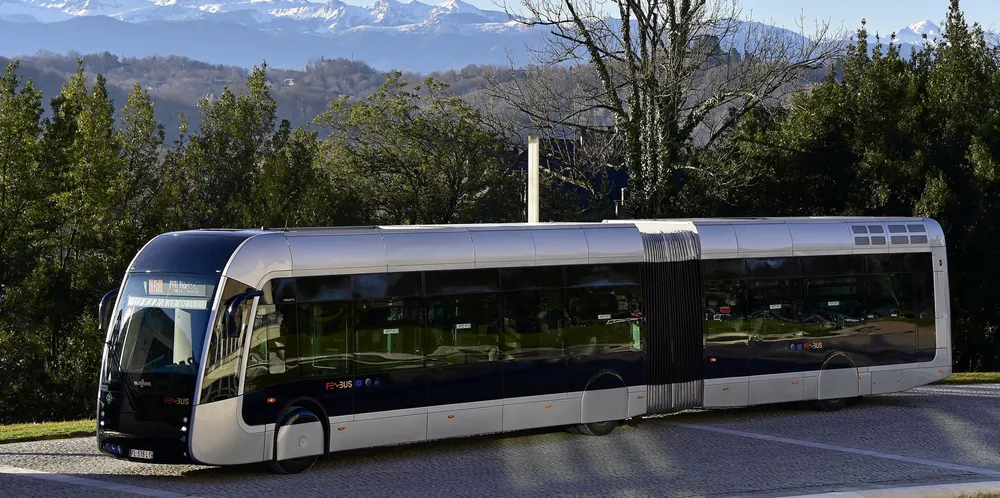French city drops order for 51 hydrogen buses after realising electric ones six times cheaper to run
The $33m green H2 project, launched in Montpellier in 2019 in conjunction with EDF, had already been awarded regional, national and EU funding

The $33m green H2 project, launched in Montpellier in 2019 in conjunction with EDF, had already been awarded regional, national and EU funding
